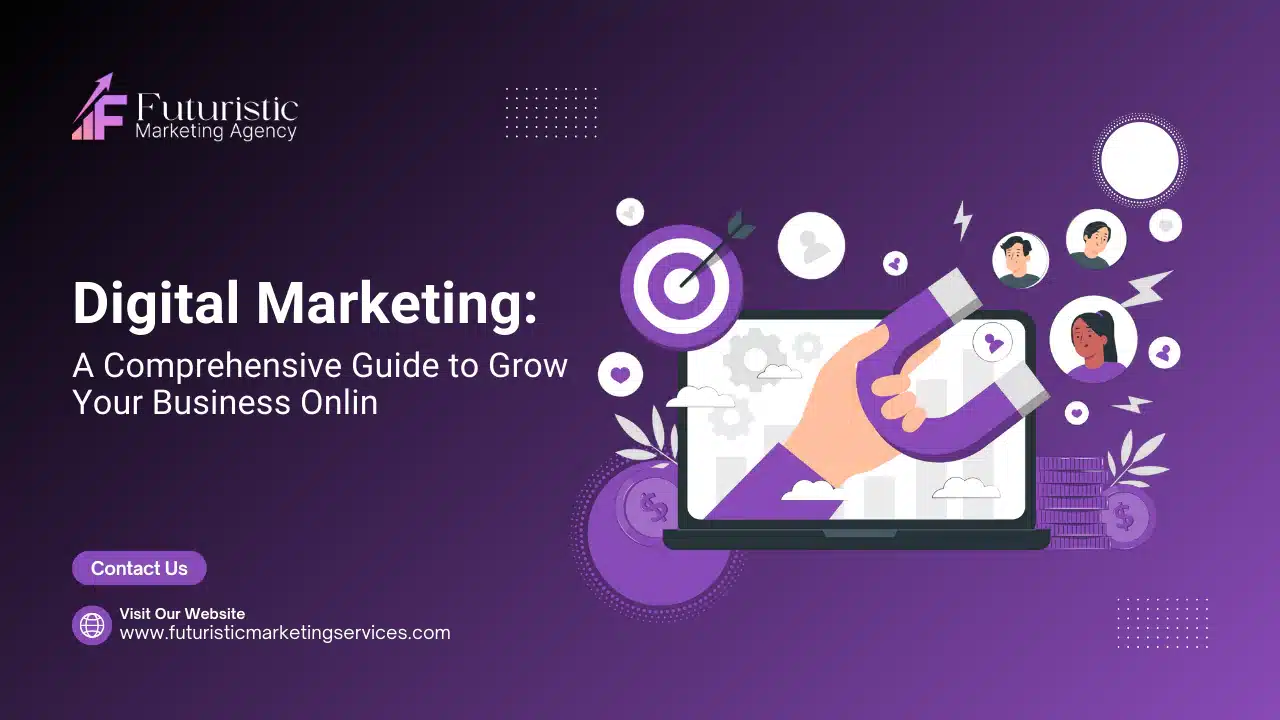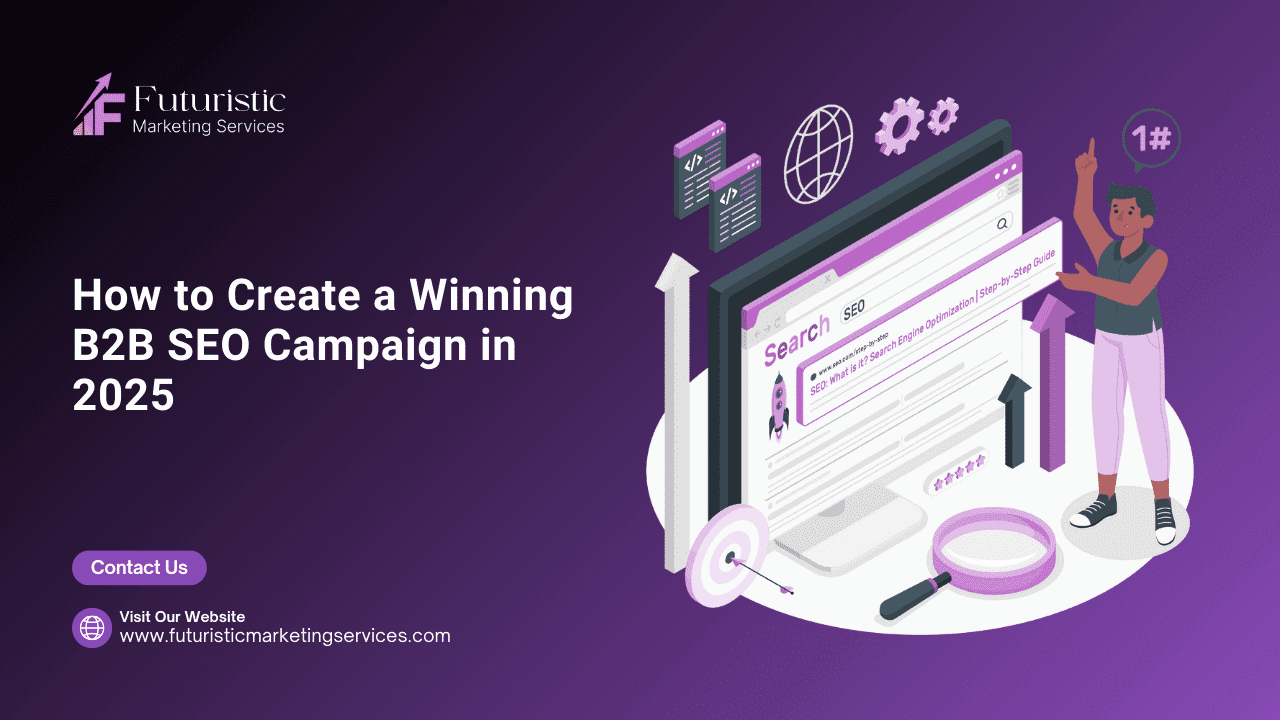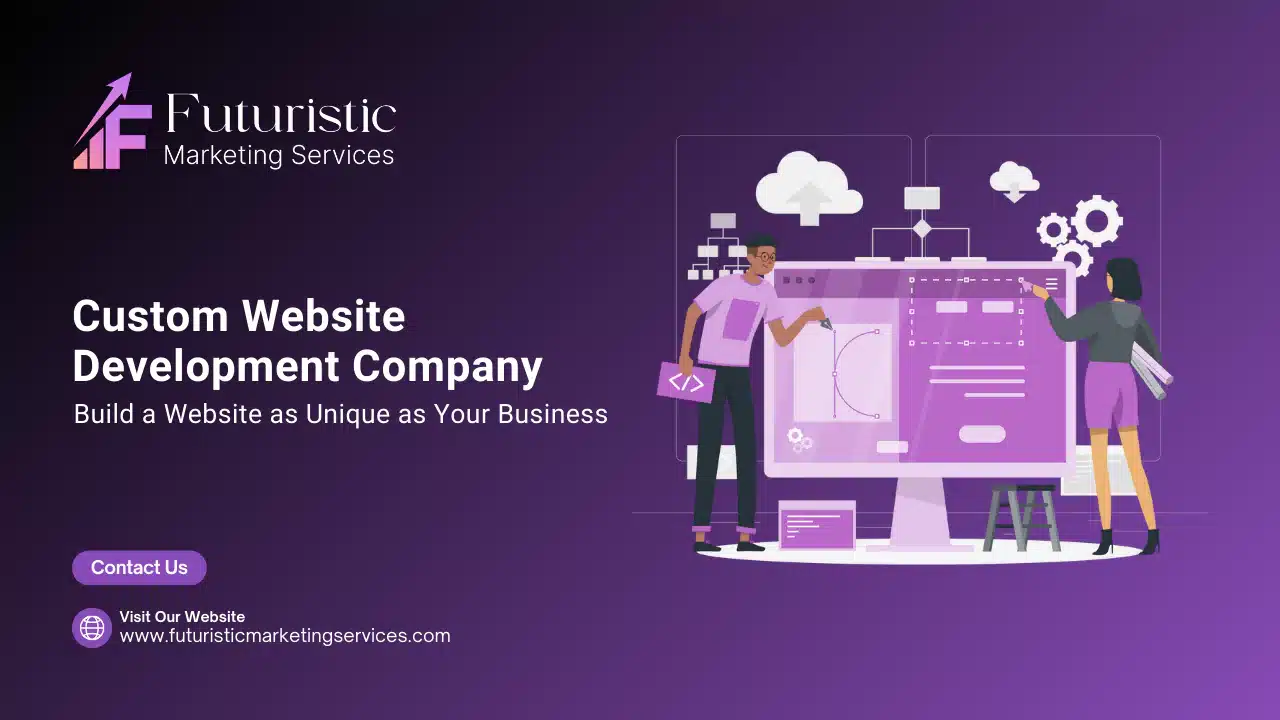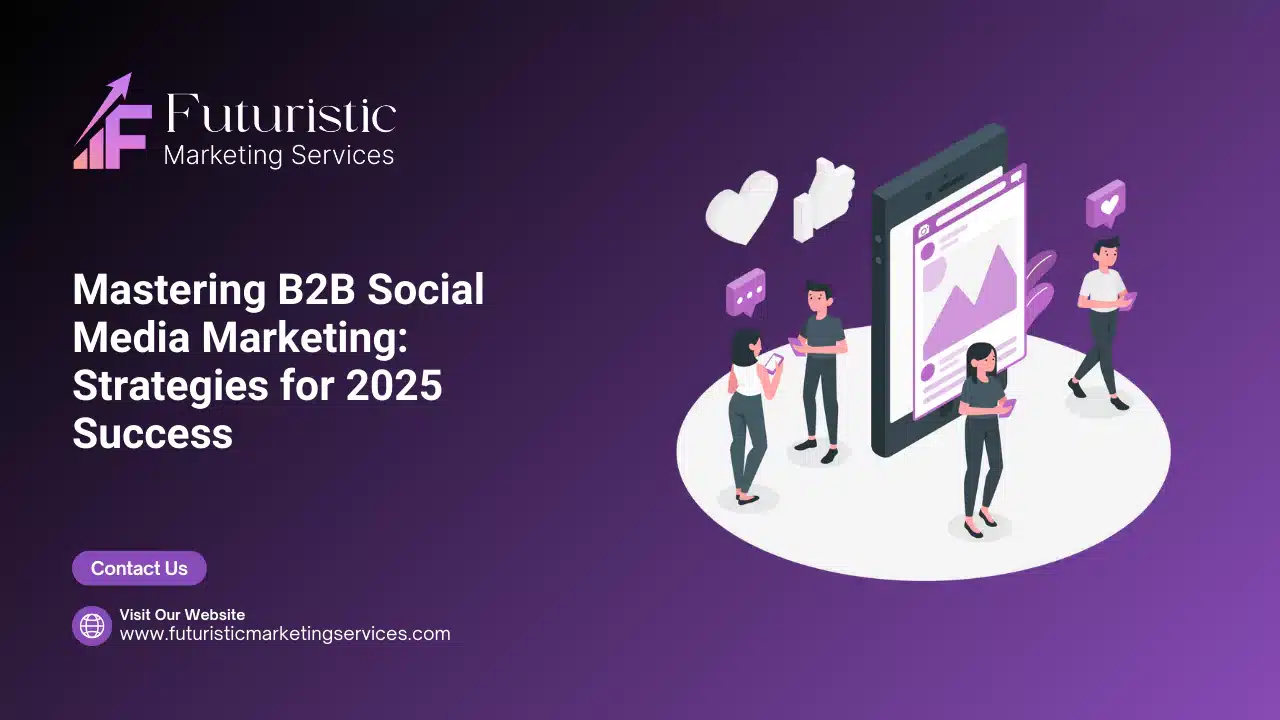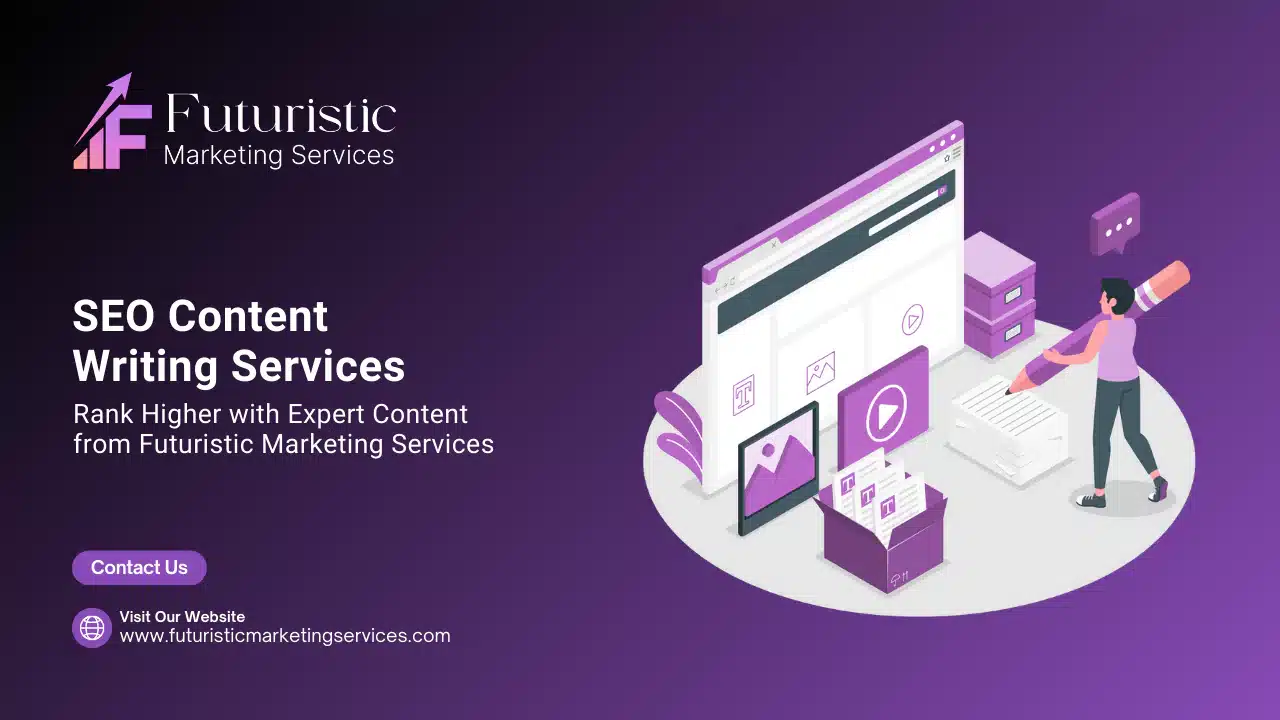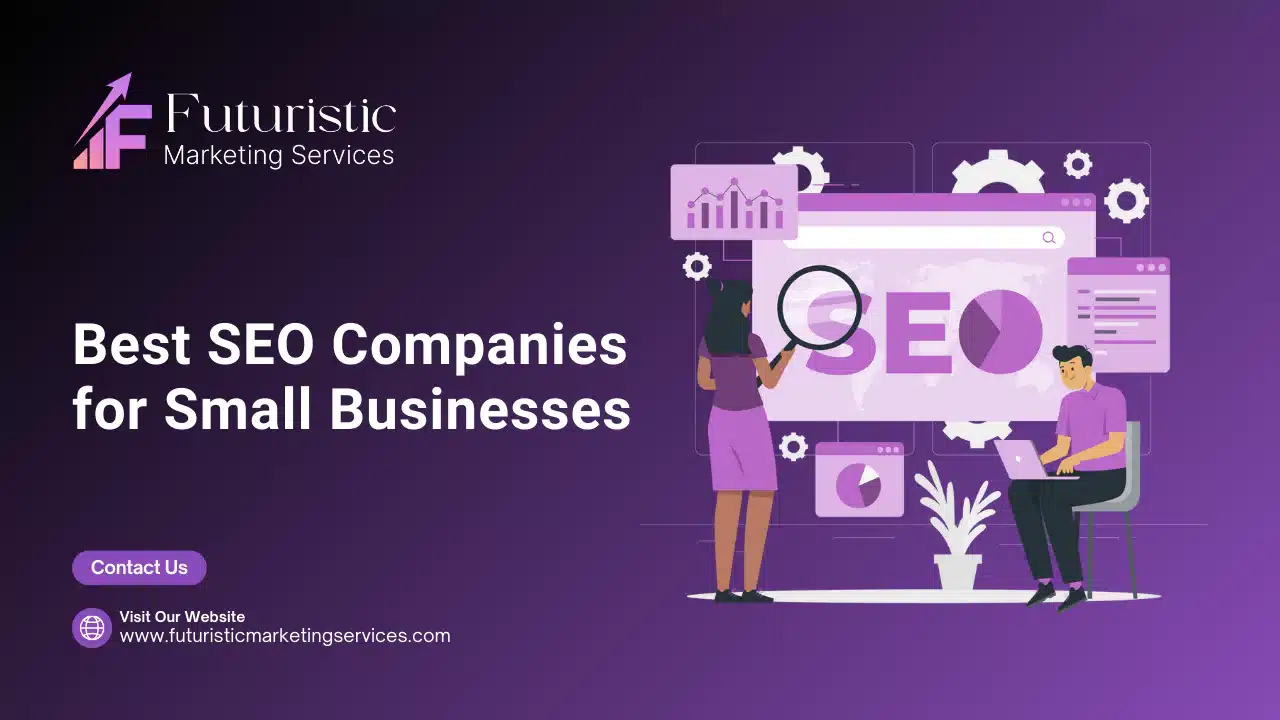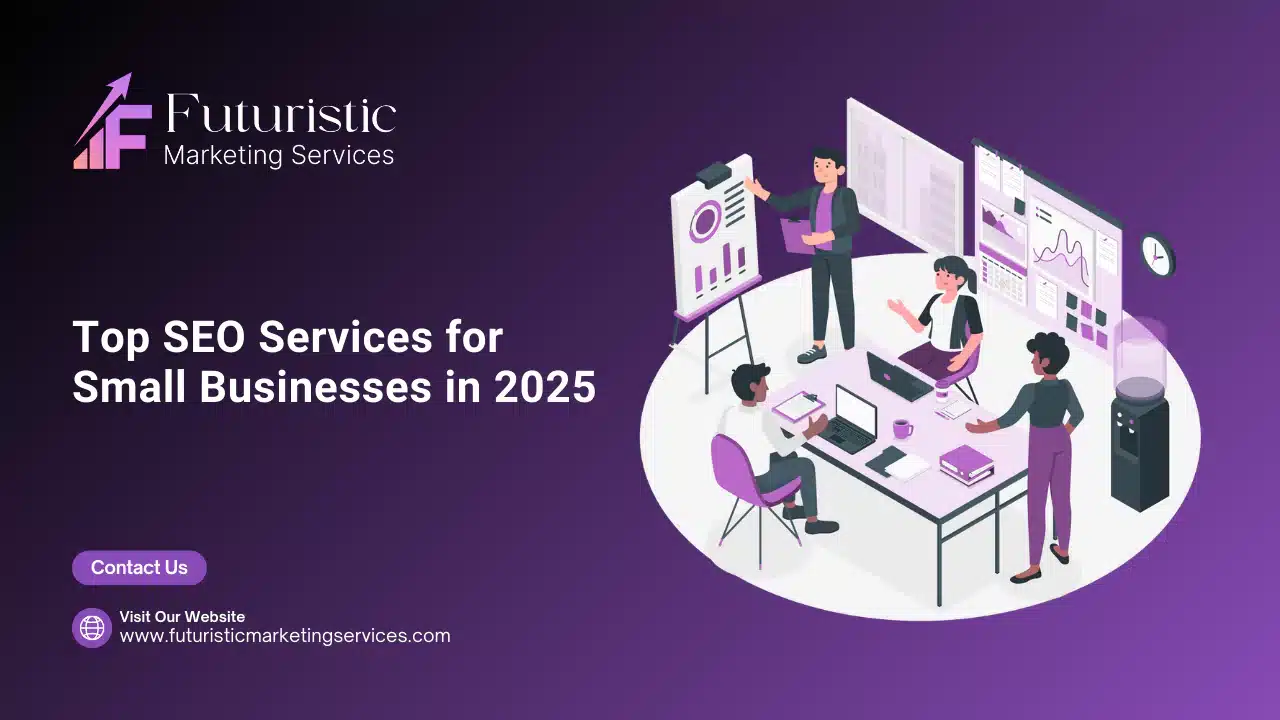What is Digital Marketing?
Digital marketing is the use of online platforms and digital channels to promote products, services, or brands. In a digital-first world, effective marketing strategies online have become vital for businesses of all sizes. Digital marketing not only reaches vast global audiences but also allows businesses to connect with their ideal customers on a more personal level.
By adopting a digital marketing strategy, businesses can leverage analytics to track customer interactions, refine messaging, and improve conversion rates. For instance, studies have shown that companies with data-driven digital marketing strategies achieve up to 50% faster revenue growth compared to non-digitally savvy competitors.
Why Digital Marketing Matters for Businesses Today
Digital marketing offers a range of benefits that traditional methods can’t match:
- Global Reach: Unlike local advertising, digital marketing gives you access to a worldwide audience, allowing your business to reach potential customers regardless of their location.
- Cost-Effectiveness: Compared to traditional marketing channels like TV and print, digital marketing is often more affordable and provides higher returns.
- Data-Driven Insights: Analytics tools provide a detailed view of user behavior, helping you to improve your campaigns for optimal results.
For more insights on enhancing digital marketing strategies, check out Futuristic Marketing Services’ guide on SEO.
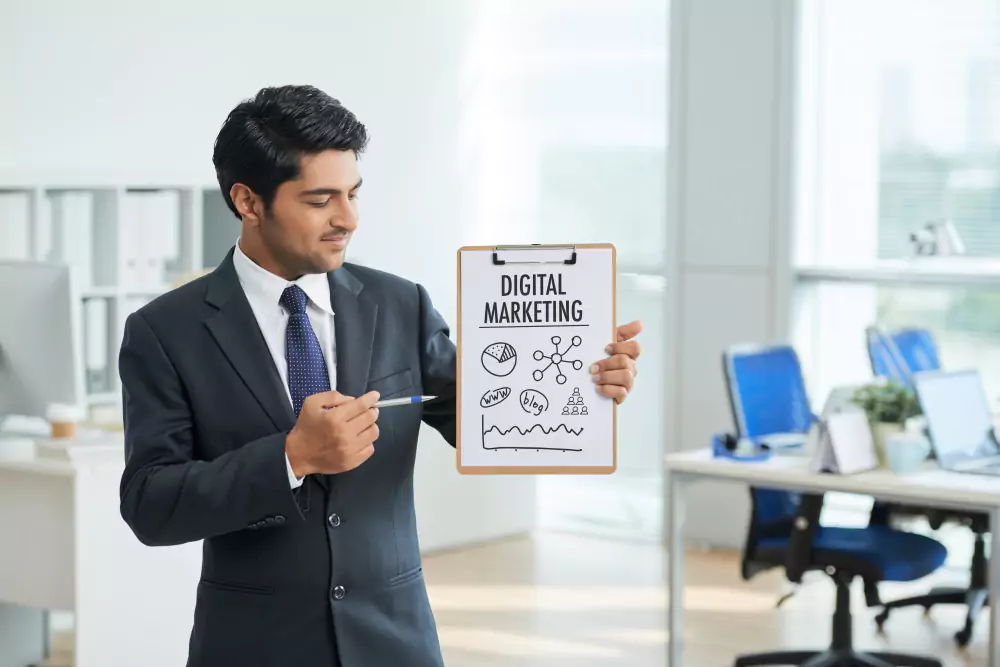
Key Components of Digital Marketing
A comprehensive digital marketing strategy includes several components that work together to build brand awareness, engage audiences, and drive sales. Here are the main elements of digital marketing:
1. Search Engine Optimization (SEO)
SEO optimizes your content and website to rank higher on search engine results pages (SERPs), bringing organic traffic to your site. Effective SEO includes keyword placement, on-page SEO, and backlink strategies. For more, read our beginner’s guide to SEO.
2. Content Marketing
Content marketing involves creating valuable, informative content that addresses user needs. High-quality blog posts, eBooks, videos, and infographics educate your audience and build trust with potential customers.
3. Social Media Marketing
Social media platforms offer businesses the chance to interact with their audience in real time, enhancing customer engagement and brand loyalty. Platforms like Facebook, Instagram, and LinkedIn allow for both organic and paid reach.
4. Pay-Per-Click Advertising (PPC)
PPC advertising involves bidding on specific keywords to show ads in search results or across display networks. It’s an effective way to attract traffic quickly and can complement long-term SEO strategies.
5. Email Marketing
Email marketing allows businesses to stay connected with their audience, nurture leads, and convert prospects into customers. Personalized email campaigns have been shown to generate more than four times the return on investment (ROI) compared to other marketing formats.
6. Affiliate Marketing
In affiliate marketing, businesses partner with third-party affiliates who promote their products in exchange for a commission on sales. It’s a cost-effective strategy that reaches wider audiences.
7. Influencer Marketing
Influencers bring your brand in front of their loyal audiences, providing an endorsement that can significantly impact purchasing decisions.
8. Video Marketing
Video content engages users and enhances brand recall. In fact, 88% of consumers say they’ve been convinced to buy a product or service by watching a brand’s video.

Benefits of Digital Marketing
Digital marketing offers measurable advantages that make it indispensable in today’s business world:
- Enhanced Engagement: Digital marketing allows businesses to tailor messaging and connect with audiences in real-time, fostering loyalty and engagement.
- Data Insights: Analytics tools let marketers track every aspect of their campaigns, helping them to make data-backed decisions.
- High ROI: With targeted campaigns and clear metrics, digital marketing offers a significant return on investment, especially when strategies are optimized.
Creating a Winning Digital Marketing Strategy
A successful digital marketing strategy aligns with business goals and reaches the right audience through the right channels. Here’s how to get started:
Identify Your Target Audience
Understanding your audience is crucial. Research demographic information, interests, and pain points to create a customer profile that guides your campaigns.
Set SMART Goals
SMART (Specific, Measurable, Achievable, Relevant, Time-Bound) goals provide a clear framework for your marketing efforts. Setting realistic goals helps measure progress and refine strategies.
Choose the Right Channels
Select digital channels that align with your audience and marketing goals. This may include social media, SEO, email marketing, and paid ads.
Develop Engaging Content
Content should be informative, relevant, and engaging. Tailor content to address user needs and solve their problems, whether through blog posts, videos, or social media updates.
Track and Measure Performance
Use analytics tools to track key metrics, such as conversion rate, bounce rate, and average session duration, to assess your campaign’s success.

Common Challenges in Digital Marketing
Digital marketing is not without its challenges. Here are a few and how to address them:
- Keeping Up with Trends: The digital landscape evolves rapidly, requiring marketers to stay updated with the latest trends and technologies.
- Managing Multiple Channels: Integrating and managing multiple channels can be challenging, especially for small teams.
- Ensuring Data Privacy: Data privacy regulations require marketers to protect customer data and use it responsibly.
- Measuring ROI Accurately: Tracking and analyzing ROI can be complex, but it’s essential to understand the effectiveness of each channel.
Future Trends in Digital Marketing
To stay ahead in the digital marketing world, keep an eye on these emerging trends:
- Artificial Intelligence (AI) and Automation: AI-powered tools are transforming digital marketing by automating repetitive tasks and enhancing personalization.
- Voice Search Optimization: With the rise of voice assistants, optimizing content for voice search can give businesses an edge.
- Augmented Reality (AR) and Virtual Reality (VR): These technologies provide immersive customer experiences, enhancing engagement.
- Data-Driven Marketing: Leveraging data for informed decision-making is becoming increasingly important for marketers.
Conclusion
Digital marketing has transformed how businesses connect with their audiences, offering unprecedented reach, personalization, and data-driven insights. By incorporating SEO, content marketing, social media, and other key components, businesses can engage customers more effectively and drive long-term growth. Staying updated with emerging trends, optimizing strategies, and addressing common challenges will ensure your digital marketing efforts remain impactful and relevant.
In a competitive digital landscape, investing in a well-rounded digital marketing strategy is no longer optional—it’s essential for success. Start taking advantage of digital marketing to achieve your business goals, enhance your brand’s online presence, and stay ahead of the competition.
Call to Action (CTA)
Ready to elevate your business with a custom digital marketing strategy? Contact Futuristic Marketing Services today for a free consultation! Our experts will help you design a data-driven, results-oriented digital marketing plan tailored to your business needs. Let’s work together to unlock your brand’s full potential online. Get in touch now!

